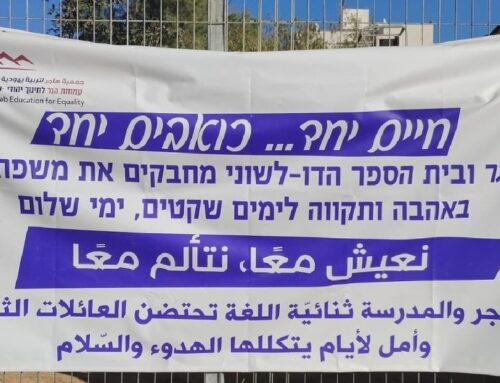Journalist Akiva Eldar reminds readers of Al-Monitor, the Mideast online news site he writes for nowadays, that both the hard right and the ultra-Orthodox parties lost support in Israel’s recent election:
. . . There are now 61 Knesset members who support the new government and 59 who oppose it. But this ratio is just one part of the story, and not necessarily the most important or interesting. The real story is the balance of power between the camp that prefers to maintain the status quo over any diplomatic arrangement that involves the creation of a Palestinian state, and the camp that supports a diplomatic arrangement that will result in the creation of such a state. In between, there is the ultra-Orthodox camp, which is more interested in initiatives for reaching some arrangement that will keep its young men out of the army than in those designed to advance a diplomatic arrangement with the Palestinians.
Despite the victory cheers echoing from the prime minister’s residence on Balfour Street in Jerusalem, March 17 was hardly the great day that the ideological right made it out to be. The hard core of the Israeli right amounts to little more than a third of all Knesset members. There are the 30 members of the Likud Party, eight more from HaBayit HaYehudi and two or three out of the five members of Liberman’s party. Pollsters may have become the media’s punching bag after the last election, but they were not so wrong after all. The balance of power in the 20th Knesset will be the same as it was in the 19th, just as they predicted. Now, as then, the ideological right is actually smaller than the rest.






By supporting a two-state solution, Israel puts the ball in the Palestinian court. Israel’s image in the world PUBLIC OPINION REQUIRES NO LESS.